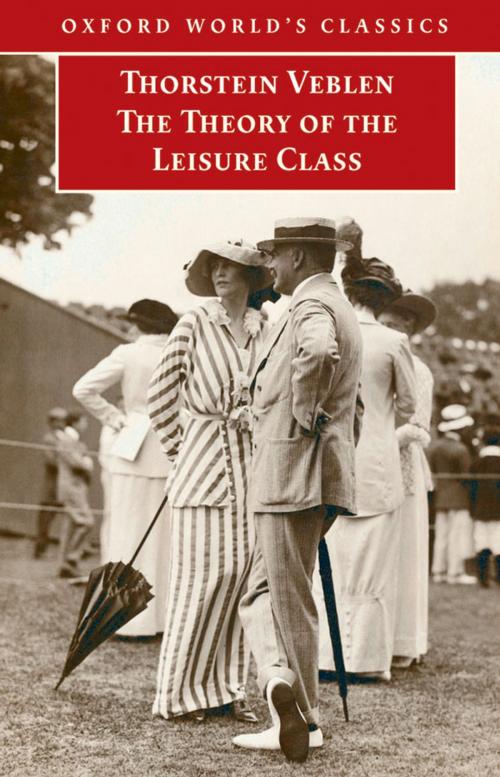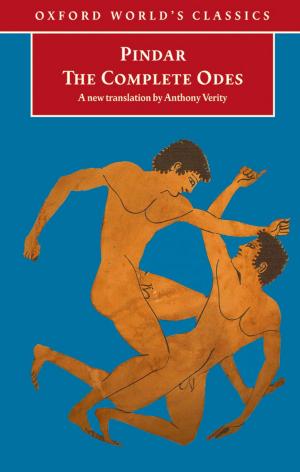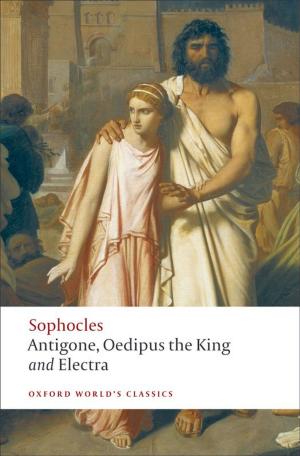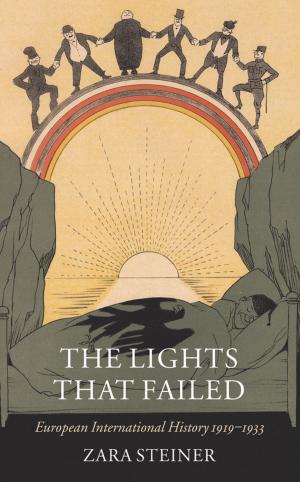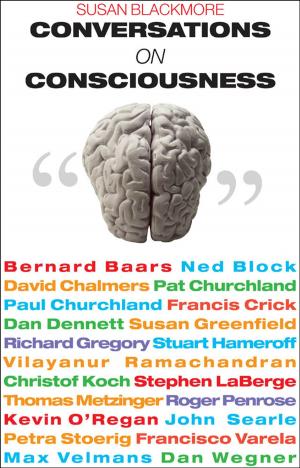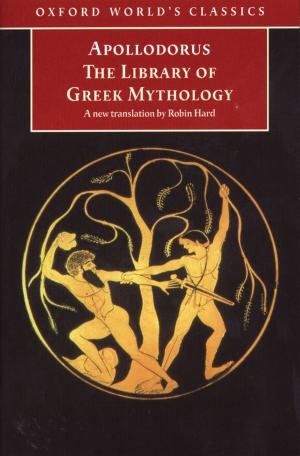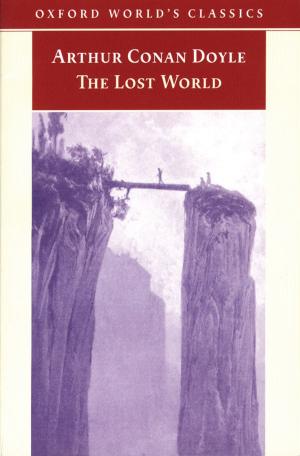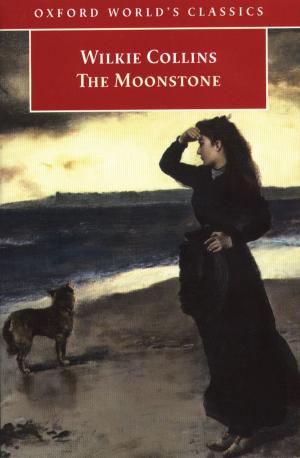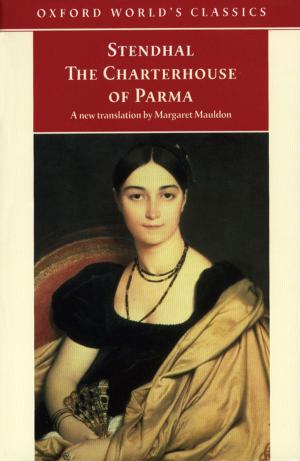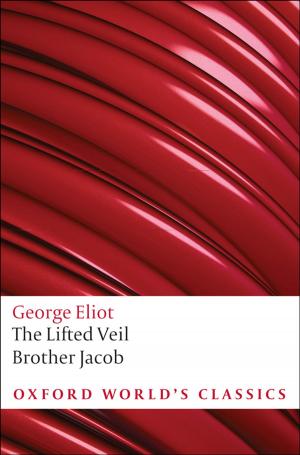The Theory of the Leisure Class
Fiction & Literature, Literary Theory & Criticism, American, Nonfiction, Social & Cultural Studies, Social Science, Sociology| Author: | Thorstein Veblen | ISBN: | 9780191604935 |
| Publisher: | Oxford University Press, UK | Publication: | October 11, 2007 |
| Imprint: | OUP Oxford | Language: | English |
| Author: | Thorstein Veblen |
| ISBN: | 9780191604935 |
| Publisher: | Oxford University Press, UK |
| Publication: | October 11, 2007 |
| Imprint: | OUP Oxford |
| Language: | English |
Veblen's landmark study of affluent American society exposes the 'pecuniary culture' and 'conspicuous consumption' that results when unessential goods are exploited at the expense of production of true value. This new edition examines Veblen's still pertinent arguments. - ;'Conspicuous consumption of valuable goods is a means of reputability to the gentleman of leisure.' In The Theory of the Leisure Class Thorstein Veblen sets out 'to discuss the place and value of the leisure class as an economic factor in modern life'. In so doing he produced a landmark study of affluent American society that exposes, with brilliant ruthlessness, the habits of production and waste that link invidious business tactics and barbaric social behaviour. Veblen's analysis of the evolutionary process sees greed as the overriding motive in the modern economy; with an impartial gaze he examines the human cost paid when social institutions exploit the consumption of unessential goods for the sake of personal profit. Fashion, beauty, animals, sports, the home, the clergy, scholars - all are assessed for their true usefulness and found wanting. The targets of Veblen's coruscating satire are as evident today as they were a century ago, and his book still has the power to shock and enlighten. Veblen's uncompromising arguments and the influential literary force of his writing are assessed in Martha Banta's Introduction. -
Veblen's landmark study of affluent American society exposes the 'pecuniary culture' and 'conspicuous consumption' that results when unessential goods are exploited at the expense of production of true value. This new edition examines Veblen's still pertinent arguments. - ;'Conspicuous consumption of valuable goods is a means of reputability to the gentleman of leisure.' In The Theory of the Leisure Class Thorstein Veblen sets out 'to discuss the place and value of the leisure class as an economic factor in modern life'. In so doing he produced a landmark study of affluent American society that exposes, with brilliant ruthlessness, the habits of production and waste that link invidious business tactics and barbaric social behaviour. Veblen's analysis of the evolutionary process sees greed as the overriding motive in the modern economy; with an impartial gaze he examines the human cost paid when social institutions exploit the consumption of unessential goods for the sake of personal profit. Fashion, beauty, animals, sports, the home, the clergy, scholars - all are assessed for their true usefulness and found wanting. The targets of Veblen's coruscating satire are as evident today as they were a century ago, and his book still has the power to shock and enlighten. Veblen's uncompromising arguments and the influential literary force of his writing are assessed in Martha Banta's Introduction. -
